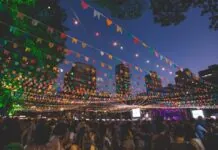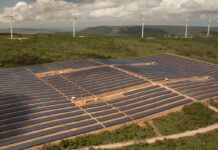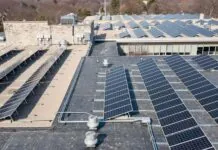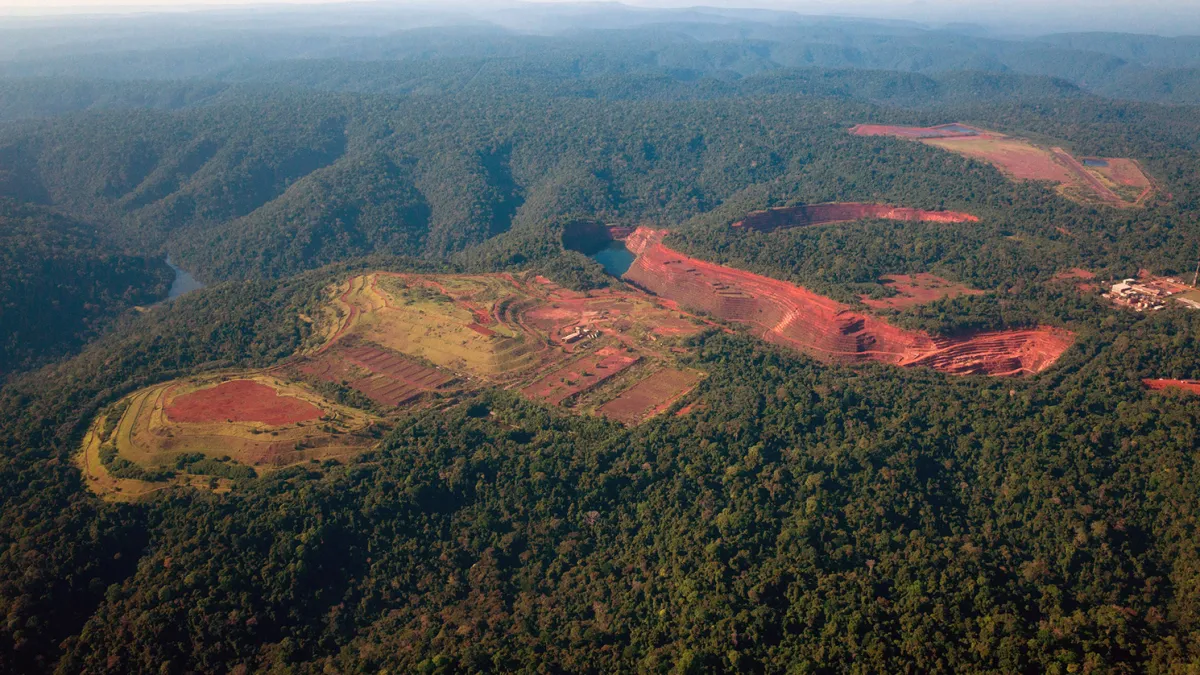
Brazil is at a crossroads. Some states are pushing to reduce Amazon rainforest protections with a plan to expand agricultural lands for cattle ranching and soybean farming.
Moves like this conflict with President Luiz Inácio Lula da Silva’s plan to stop deforestation and meet Brazil’s 2030 climate goals.
State Actions Undermining Protections
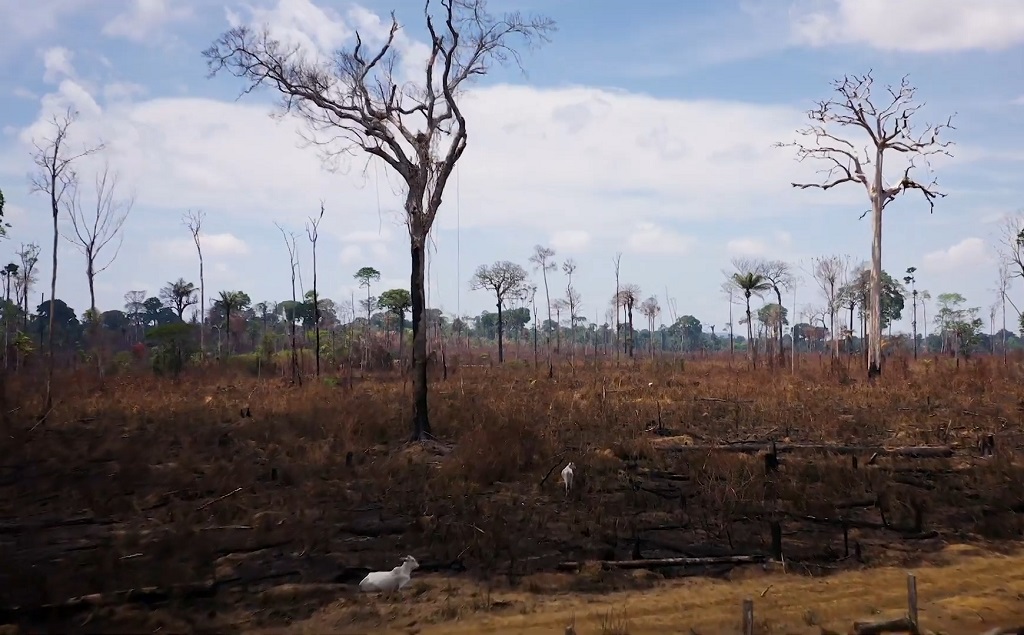
- Acre State: In August 2024, Acre passed a law allowing the privatization of around 900 square kilometers of protected forest. This legislation aims to legalize the status of individuals who have illegally occupied these conservation units. However, it has raised concerns about increased deforestation and potential constitutional violations.
- Rondônia State: The state government is attempting to annul 11 conservation units and reduce the size of two others. This has led to significant environmental degradation, with fires destroying large areas within protected zones. These actions are often attributed to land-grabbers seeking to consolidate their claims.
- Mato Grosso State: In October 2024, Mato Grosso repealed the Soy Moratorium, a 2006 agreement that prohibited the purchase of soybeans from recently deforested areas in the Amazon. This repeal undermines efforts to prevent deforestation for soybean cultivation.
Brazilian policy changes that disincentivized deforestation for agriculture resulted in thousands of avoided hospitalizations and deaths in the Amazon due to wildfires, new research has found. https://t.co/dhtzVzC5Oy
— DW News (@dwnews) November 23, 2024
Economic Motivations
Agribusiness leaders assert that protected forests hinder economic growth. They advocate for converting forested areas into agricultural land to enhance production and exports, thereby benefiting Brazil’s economy.
Supporters contend this strategy will generate jobs and alleviate poverty, particularly for small farmers.
in 2023, Brazil’s agribusiness exports reached a record $166.5 billion, accounting for 49% of the country’s total exports.
The country also signed a new set of agricultural trade agreements with China.
The Environmental Disaster It Could Cause
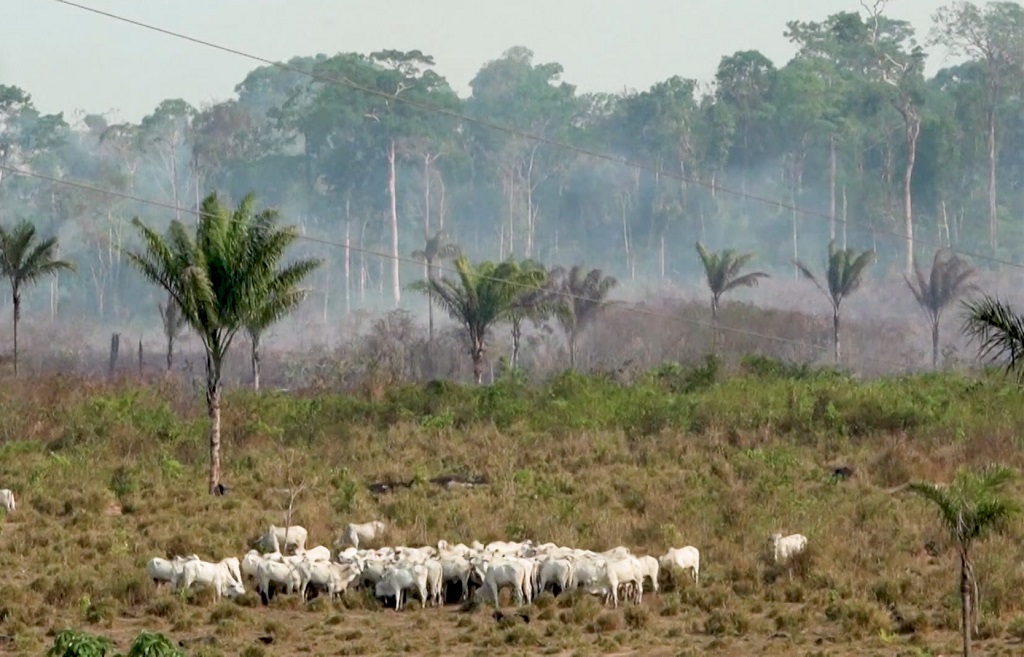
The Amazon rainforest plays a crucial role in regulating the global climate and is home to unparalleled biodiversity. Deforestation releases significant amounts of carbon dioxide, contributing to global warming.
The Amazon rainforest doesn’t just remove ~2 billions tons of CO2 every year. It also moves ~20 billions tons of water through evotranspiration, the so-called “flying rivers”, critical for planetary balance.
I wish more people knew this. pic.twitter.com/IgSBX0f7DM
— Diego Saez Gil (@dsaezgil) May 17, 2024
Brazil is already among the top carbon emitters, with nearly half of its emissions stemming from deforestation. Destroying these forests threatens countless species and disrupts vital ecosystems.
How the World Might Pay the Price?
The international community is closely monitoring Brazil’s actions. The Amazon is essential for global climate stability. Failure to protect it could undermine worldwide efforts to combat climate change. Environmental activists warn of severe consequences if deforestation continues unchecked.
Brazil must choose between economic growth and protecting the environment. Expanding agriculture might boost the economy now, but it risks long-term damage to forests and the global climate. The outcome will affect Brazil and the world for years to come.

